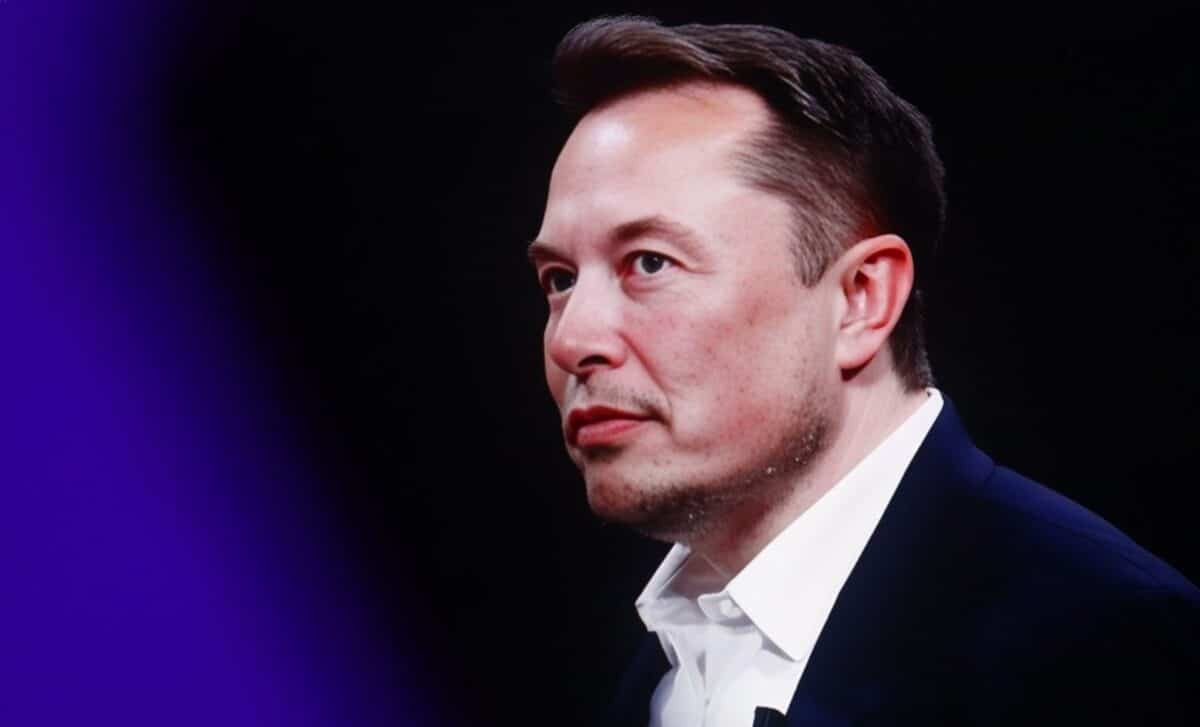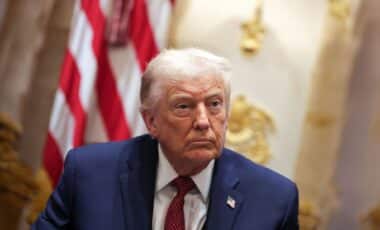In February 2025, Elon Musk made a bold attempt to acquire OpenAI, the creator of ChatGPT, offering nearly $100 billion for the company. As part of this effort, Musk reportedly reached out to Mark Zuckerberg, CEO of Meta, to discuss potential funding or investment deals related to the acquisition. These revelations come to light in a recently filed legal document related to a lawsuit Musk has brought against OpenAI, shedding new light on the behind-the-scenes dealings, as reported by Techcrunch.
Elon Musk and Zuckerberg Discussed Potential Collaboration
According to the court documents, Elon Musk communicated with Zuckerberg about his intentions to buy OpenAI. Specifically, the documents reveal that Musk had a conversation with Meta’s CEO regarding potential agreements or financial backing for the acquisition. Although Zuckerberg did not directly sign Musk’s letter of intent to purchase OpenAI, the discussions indicated that Meta’s involvement was considered.
OpenAI, in its legal filing, claims that Meta has not provided the necessary evidence related to its interactions with Musk concerning his proposed takeover. As part of its lawsuit, OpenAI is now requesting the court to order Meta to disclose all communications and documents related to any potential restructuring or recapitalization efforts involving OpenAI. This is a crucial point of contention in the lawsuit, which revolves around Musk’s allegations that OpenAI has strayed from its original mission of creating artificial general intelligence for the benefit of humanity.
OpenAI Lawsuit and Meta’s Refusal to Share Information
The legal battle between Musk and OpenAI stems from Musk’s frustration with OpenAI’s decision to transition into a for-profit entity, which he argues deviates from its initial charitable and research-driven goals. Musk, who co-founded OpenAI, accuses the organization of betraying its mission and undermining his vision for the company.
In response to OpenAI’s request for documents, Meta has sought to block the release of internal communications regarding its involvement with Musk and OpenAI. Meta asserts that the discussions it had with Musk were not relevant to the lawsuit and should not be shared. Additionally, Meta’s legal team argues that the company’s internal deliberations about OpenAI’s future are not material to the ongoing case.
This legal conflict continues to unravel as Musk presses on with his efforts to acquire OpenAI and challenge its current direction. The lawsuit also highlights Meta’s increasing interest in artificial intelligence, as the company has made substantial investments to develop its own AI capabilities, including offering significant financial incentives to attract OpenAI talent. As this legal drama unfolds, it could have far-reaching implications for the future of AI development and the competitive dynamics between leading tech giants.








